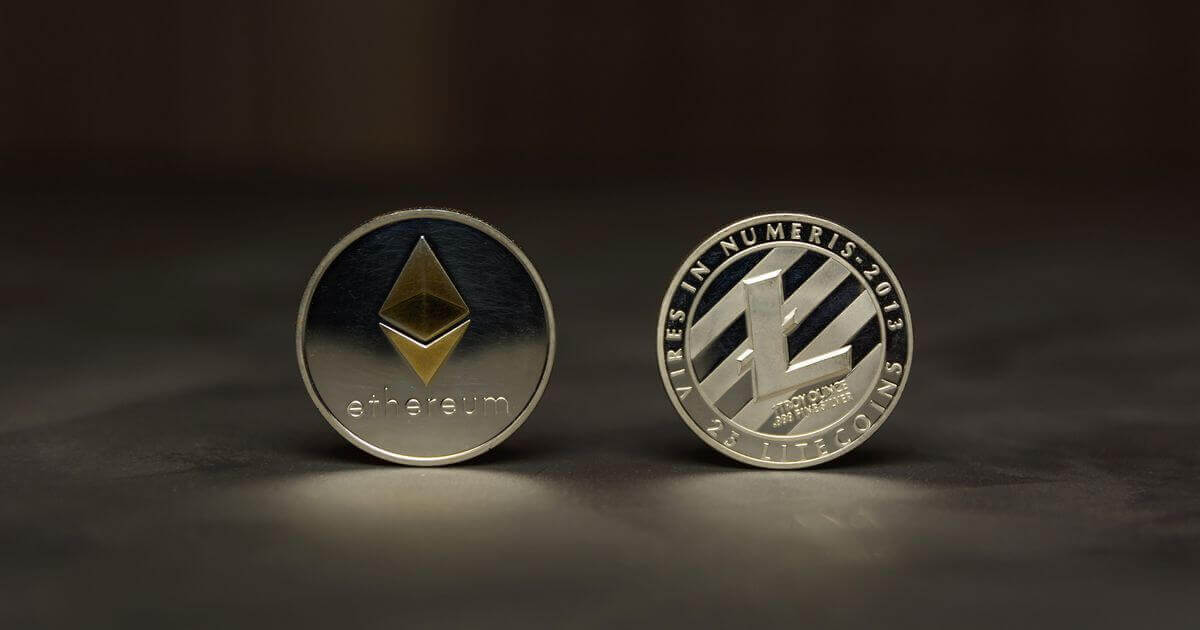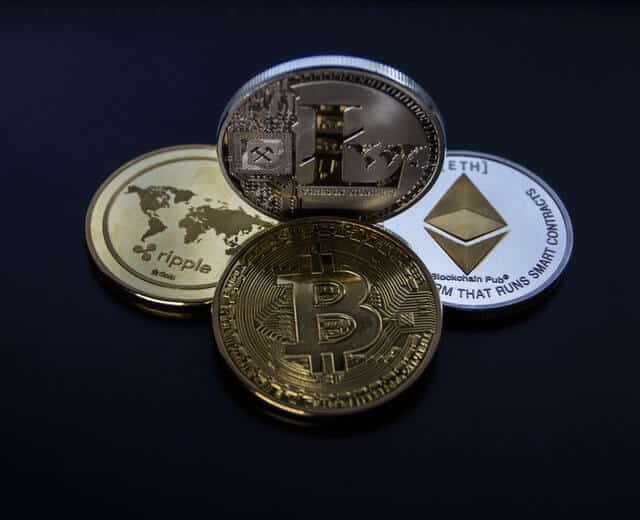There are some key differences that we find between Litecoin vs Ethereum. These are two of the most popular cryptocurrencies in the market, but they work in different ways. But do you know which are the main differences between Ethereum vs Litecoin?
If you do not know or you want to learn more about these virtual currencies, then you are in the right place. This guide will let you understand which are the main differences between these two virtual currencies and whether they could be part of your portfolio.
Disclaimer: the information shared by AltSignals and its writers should not be considered financial advice. This is for educational purposes only. We are not responsible for any investment decision you make after reading this post. Never invest more than what you are able to lose. Always contact your professional financial advisor.
What is Litecoin (LTC)?
Litecoin is one of the oldest virtual currencies in the world after Bitcoin (BTC). It was created in 2011 by Charlie Lee and it has been always among the top 20. Compared to other old virtual currencies such as Peercoin, Litecoin showed it is resilient and ready to move forward.
One of the main characteristics of Litecoin is related to its fast transaction times and low fees. That means that Litecoin could work as a cheap alternative to other digital currencies to send and receive funds.

This is possible thanks to its 2.5 minutes blocks. Litecoin fees have always been down and it has always been a great network to send and receive fast and cheap transfers. Basically, Litecoin worked as a cheap version of Bitcoin as they are very similar digital currencies.
Litecoin is also working with a proof-of-work consensus algorithm, it has a total supply of 84 million LTC and it is considered to be the silver to Bitcoin’s gold. In the future, Litecoin wants to release privacy solutions to make LTC fungible.
What is Ethereum (ETH)?
Ethereum is the second-largest cryptocurrency in the world. It is the largest smart contracts network that has been created as it allows the automated execution of certain conditions in a totally decentralized way.
Nowadays, Ethereum has allowed for the creation and expansion of the crypto market thanks to the architecture of its network. Developers and investors can deploy smart contracts, run decentralized applications and also create new ERC-20 tokens.

This is why Ethereum became so popular and so useful. We now have several projects related to Decentralized Finance (DeFi) and smart contracts that are executed even by private companies and governments.
Ethereum is a proof-of-work network without a clear total supply and with 15 seconds blocks. In the future, Ethereum wants to become a Proof-of-Stake (PoS) crypto network with the release of ETH 2.0.
Litecoin vs Ethereum Main Differences
There are some differences between Litecoin vs Ethereum that are worth taking into consideration before we decide to buy one or another virtual currency. You should also know that these coins have different functionalities and that they would offer services to different types of users.
Block Times
One of the main differences is related to the block times. On the Litecoin network, they are 2.5 minutes while on the Etheruem network they are close to 15 seconds. If there is no congestion on the Ethereum network, transactions should be processed faster than on the Litecoin network.
Transaction Fees
When we talk about transaction fees, we see that Litecoin has lower fees than Ethereum. This is because Ethereum is currently congested and processing a large number of smart contracts. Due to this reason, this creates a situation in which everyone would like to process their transactions as soon as possible.
Hash Rate
When we compare the hash rate of these two blockchain networks, we see that they have been quite similar throughout the years with periods in which the Litecoin hash rate was higher than the hash rate of Ethereum and vice versa. It is worth mentioning that in the last year, ETH hash rate has been larger than Litecoin’s one.

Future Plans
As mentioned before, Ethereum wants to become a proof-of-stake virtual currency network in which users would not have to mine ETH but they would have to stake their coins to process transactions. This is one of the ways in which the network is expected to scale and process a larger number of transactions.
Instead, Litecoin is expected to become fungible. This would make LTC the largest privacy coin in the cryptocurrency market. It is just a matter of time before we see the implementation of this project.






















